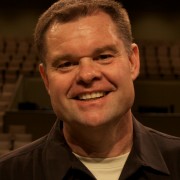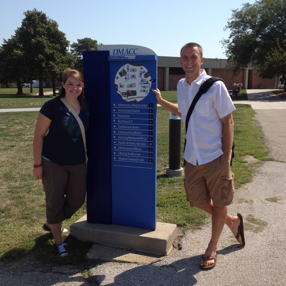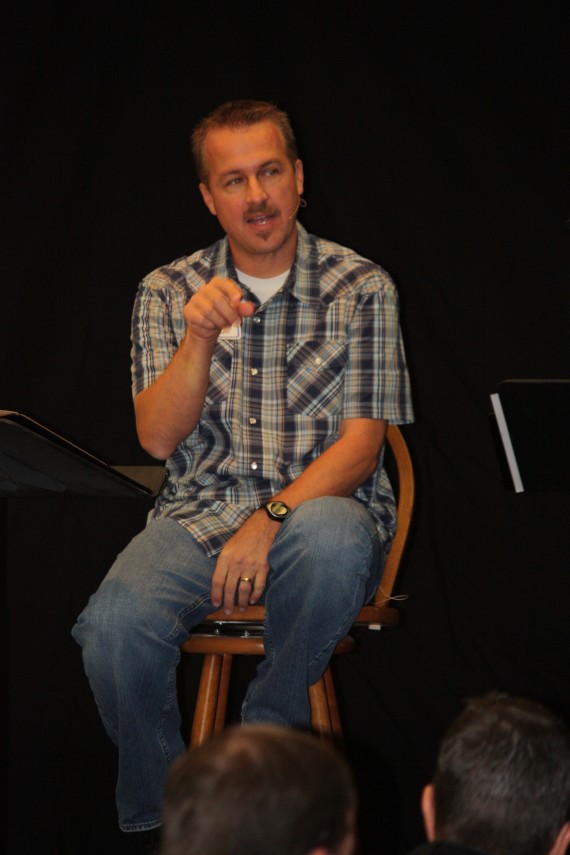
This is a guest post by Bob Roberts. He is the founder and Senior Pastor of NorthWood Church.
Through his leadership, NorthWood has planted 130 churches in the US. Bob is an international speaker and thinker in transforming people, churches, communities and the world. He has led
NorthWood and other churches to provide international development projects which include building schools, clinics and hospitals, micro-businesses, water systems and exchange student programs. You can read the rest of his bio here
[This post is part of the “Non Conventional Places A.P.E. Giftings Show Up” series. Read the rest of the posts here!]
Everyone talks about how there is no division between the secular and the sacred – but do we really believe that, and if we do, how does it change the way we act? Everyone talks about how we believe in the priesthood of every believer but do we really believe that? Everyone says it’s all about making disciples – but do we know what they really look like? We are using new language – but continuing in old applications – even in our missional conversations.
When you talk about “apostolic” or leadership in the 5-fold (apostle, prophet, evangelist, pastor, teacher) it’s tied primarily to ecclesiology and positions in ministry. Not long ago I heard several “missional” church planting guys (primarily house but not exclusively) talk about “apostolic” and to them the “apostolic” was seen in guys who planted a lot of churches. It sounded real spiritual and transformational – “Apostolic leaders plant communities of faith in the city to engage and serve.”
Unless we release the “apostolic” beyond church planting – and hang on – the church framework, we will never see a move of God
And I mean all forms of the church, simple, house, organic, included. For a government to work, for a business to make a profit, for a hospital to work – you name it – it requires those 5 “practices” or functions if you will, in it’s own unique context.
God’s grid for engaging the world is found in the city, not the church. It’s the disciple and the city, not the preacher/planter and the church. The church is the gathering of disciples that are equipped and strategically deployed to engage the world/city/society for transformation. We teach our church planters the concept of “domains” which is found in human resource and urban studies. Domains are the infrastructure that a city is built on: education, governance, economics, health, agriculture, communication, art, civil society, etc., Sadly, most start churches to hopefully engage the city – I believe the reverse is even more powerful – engage the city through the infrastructures through disciples, and let the church emerge out of that.
Apostolic Bankers, Doctors & Diplomats
I have a friend who is an international banker who loves Jesus. For years, as a banker not a church planter, not a pastor type (even though he’s led a significant house church movement) he sees the functions of the 5-fold as relevant for kingdom business.
Continue Reading











